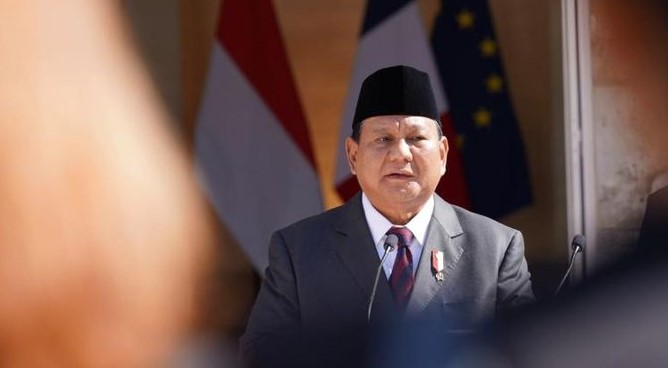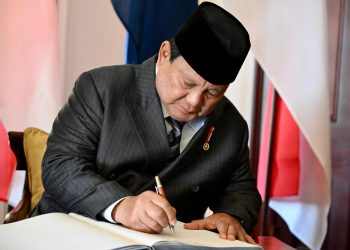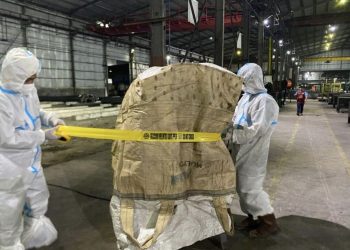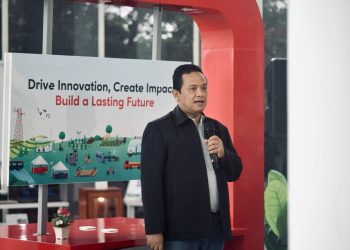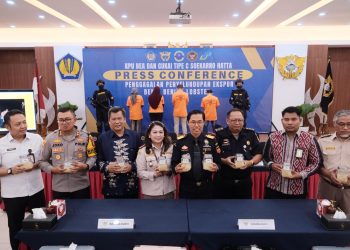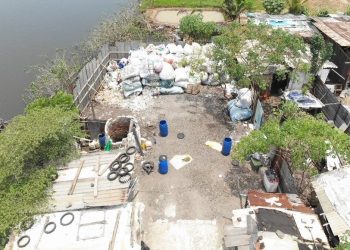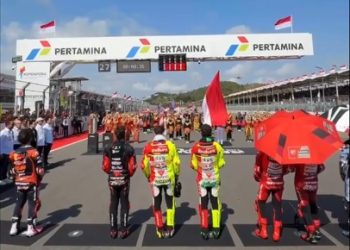Jakarta, Indonesia Sentinel — As President Prabowo Subianto and Vice President Gibran Rakabuming Raka mark their first 100 days in office, public attention is focused on their commitment to combating corruption. President Prabowo administration’s anti-corruption agenda, outlined in the “Asta Cita” platform, has been met with cautious optimism, though progress remains under intense scrutiny.
According to Indonesia Corruption Watch (ICW) researcher Yassar Aulia, while it may be premature to fully evaluate the administration’s anti-corruption efforts after just 100 days, initial steps can serve as indicators of their seriousness in addressing systemic corruption.
“For much of the public, quick wins or flashy programs might suffice. However, the administration has inherited significant unresolved issues from the Jokowi era, particularly in tackling corruption across various sectors,” Yassar stated as reported by Liputan6 on Saturday, January 25, 2025.
The anti-corruption agenda in the Prabowo “Asta Cita” framework includes commitments to Ensure transparency in political funding; Strengthen institutions like the Corruption Eradication Commission (KPK), the police, and the judiciary, while avoiding interference in corruption investigations; and Transform the KPK into a “center of excellence” for preventive anti-corruption measures.
A Slow Start and Controversial Proposals
Critics argue that the administration’s efforts in combating corruption appear indecisive while at times it was counterproductive.
President Prabowo’s campaign rhetoric was bold, including promises to pursue corrupt officials “even to Antarctica” and to eliminate “misplaced loyalty within institutions.” However, Yassar pointed out that Prabowo came out with a statements about granting forgiveness and amnesty to corrupt officials.
Yassar also highlighted controversial proposals, such as Justice Minister Supratman Andi Agtas suggestion to introduce “peace fines” for corrupt individuals who return stolen public funds.
The policy has been criticized for its potential to undermine transparency and accountability, as well as its failure to deter corruption effectively.
Additionally, Supratman’s remarks questioning the necessity of the KPK if certain legislative reforms—such as asset forfeiture and restrictions on cash transactions—are enacted, have sparked further concerns.
The ambiguity within the cabinet on anti-corruption priorities is evident. While Supratman raised doubts about the KPK’s relevance, other officials, including the Coordinating Minister for Political, Legal, and Security Affairs, publicly advocated for strengthening the anti-corruption agency during International Anti-Corruption Day in December 2024.
Adding to the confusion, the Coordinating Minister for Legal, Human Rights, Immigration, and Corrections, Yusril Ihza Mahendra, proposed consolidating anti-corruption efforts under a single agency.
“The conflicting statements from the Red and White Cabinet illustrate poor coordination and a lack of clarity regarding the administration’s anti-corruption strategy,” Yassar said.
Walking Back Controversial Statements
President Prabowo has sought to clarify his earlier remarks about granting amnesty to corrupt officials. In a more recent statement, he emphasized that forgiveness does not mean free from accusation, but rather encouraging corrupt individuals to repent and return stolen funds.
“Repent and have mercy on the people. Return the money before we track down your assets,” Prabowo said firmly.
Similarly, Minister Supratman apologized for the uproar caused by his comments on “peace fines,” insisting that his intention was to compare restorative justice in economic crimes with corruption cases.
Read Also:
President Prabowo Tightens Indonesia Fiscal Belt with $20 Billion Efficiency Plan
Legacy Challenges and Public Expectations
The Indonesia Corruption Watch (ICW) noted that the Jokowi administration left significant challenges for the Prabowo government, particularly in strengthening democracy and combating corruption. While some systemic issues persist, the public hopes that corruption will not worsen under the new leadership.
“Strengthening anti-corruption efforts could yield long-term benefits for public welfare,” Yassar said. “The public remains eager to see the government fulfill its promises and demonstrate a genuine commitment to combating corruption.”
As the President Prabowo administration moves forward, it must deliver concrete results to prove its promises on anti-corruptions agenda. The coming months will be critical in shaping public perception on how the new administration’ movement on eradicating corruption within the country.
(Raidi/Agung)


